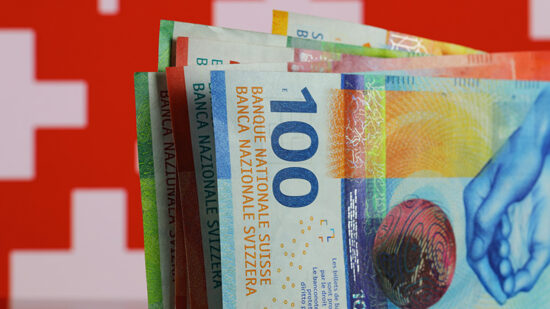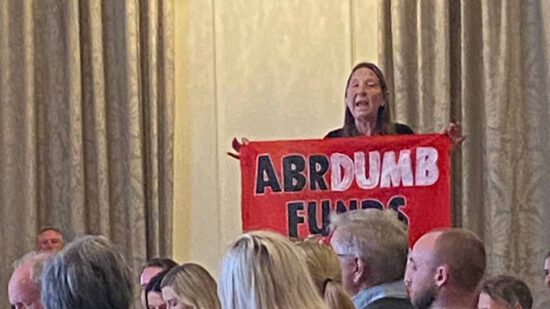Barclays, Deutsche Bank, Société Générale and RBS were fined for price fixing of interbank lending in euros with Deutsche slapped with the biggest fine of €725m.
UBS, J.P.Morgan, Citigroup and broker RP Martin were also implicated for fixing of yen rates. Some of the banks received fines for price fixing across both markets.
Other banks currently being investigated included HSBC, Credit Agricole and J.P.Morgan on another rate-rigging matter on which it had not yet settled.
The cartel operated between September 2005 and May 2008 and aimed to distort the normal course of pricing components for derivatives used by the banks to influence the risk of interest rate movements.
The EU found that traders of different banks discussed their bank's submissions for the calculation of the Euribor as well as their trading and pricing strategies.
Joaquín Almunia, commission vice-president in charge of competition policy, said: “What is shocking about the Libor and Euribor scandals is not only the manipulation of benchmarks, which is being tackled by financial regulators worldwide, but also the collusion between banks who are supposed to be competing with each other.
“Today's decision sends a clear message that the Commission is determined to fight and sanction these cartels in the financial sector. Healthy competition and transparency are crucial for financial markets to work properly, at the service of the real economy rather than the interests of a few.”
RBS said it had already made provisions for the payments, which followed its settlement with US and UK regulators in February, which related to investigations around Libor setting.
It added that since its implication in the rate scandal, RBS had taken action to “strengthen significantly the systems and controls governing its submissions of Libor and other trading rates.”
RBS chairman Philip Hampton said: “We acknowledged back in February that there were serious shortcomings in our systems and controls on this issue, but also in the integrity of a very small number of our employees. Today is another sobering reminder of those past failings and nobody should be in any doubt about how seriously we have taken this issue. The RBS board and new management team condemn the behaviour of the individuals who were involved in these activities. There is no place for it at RBS.”







